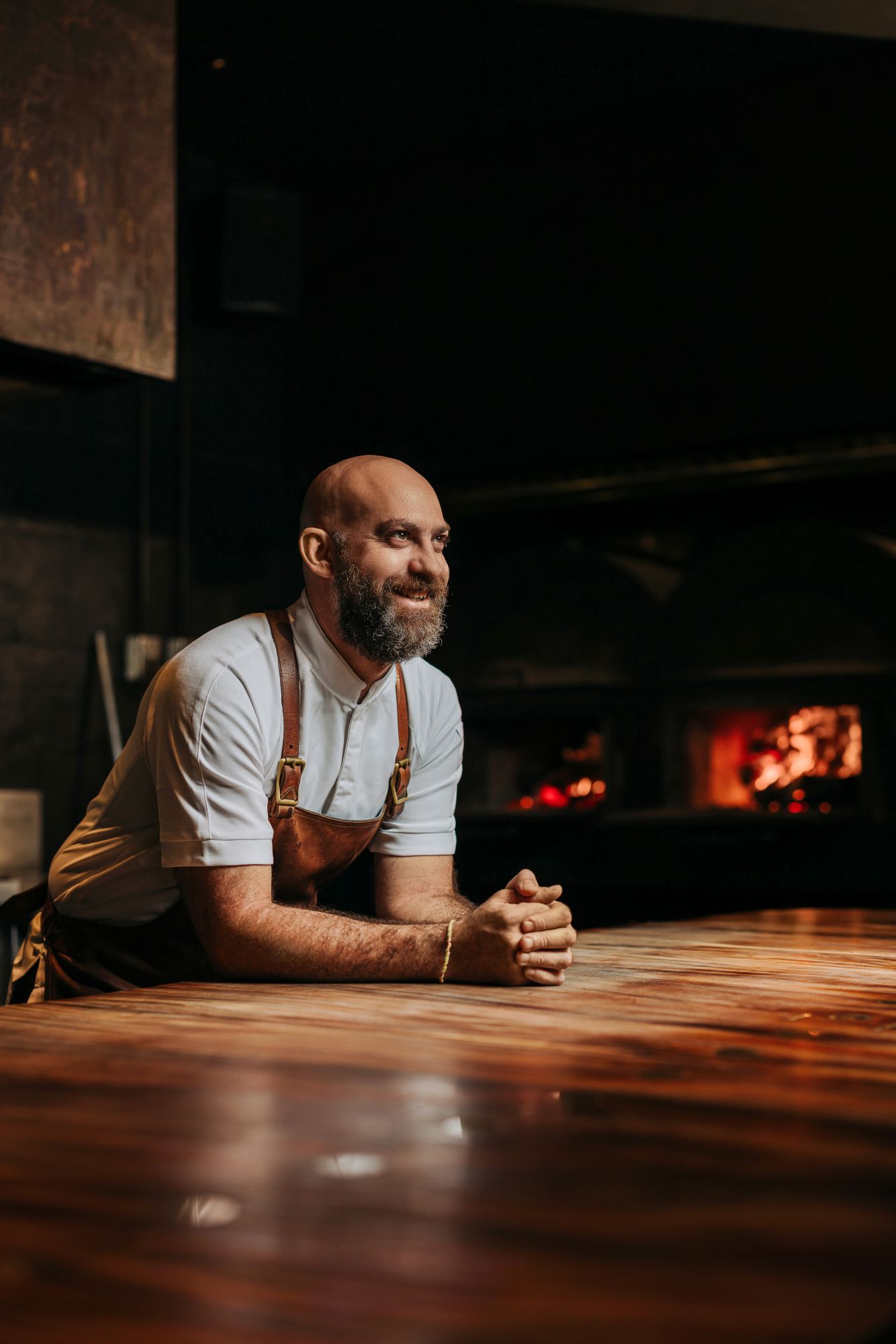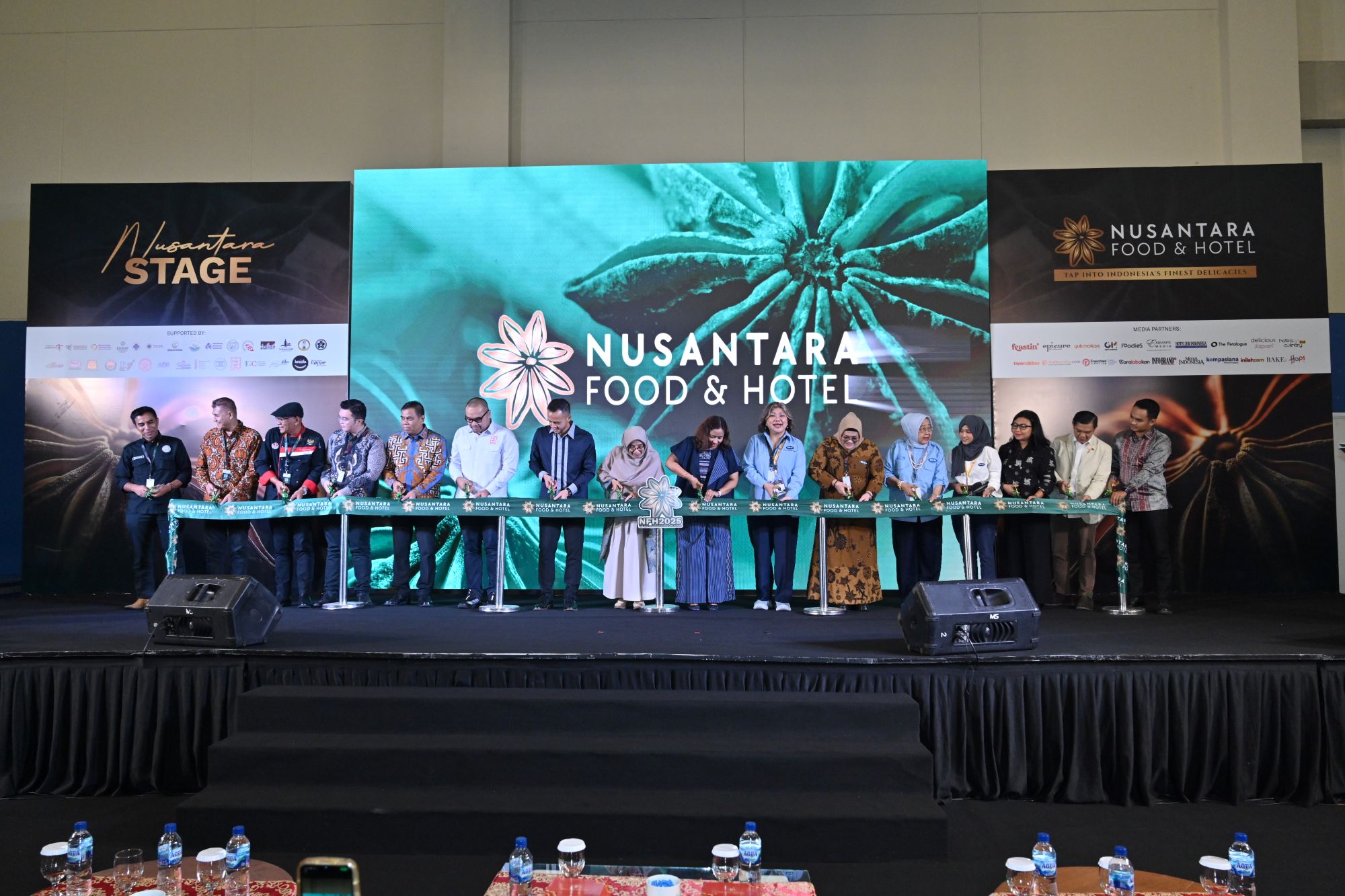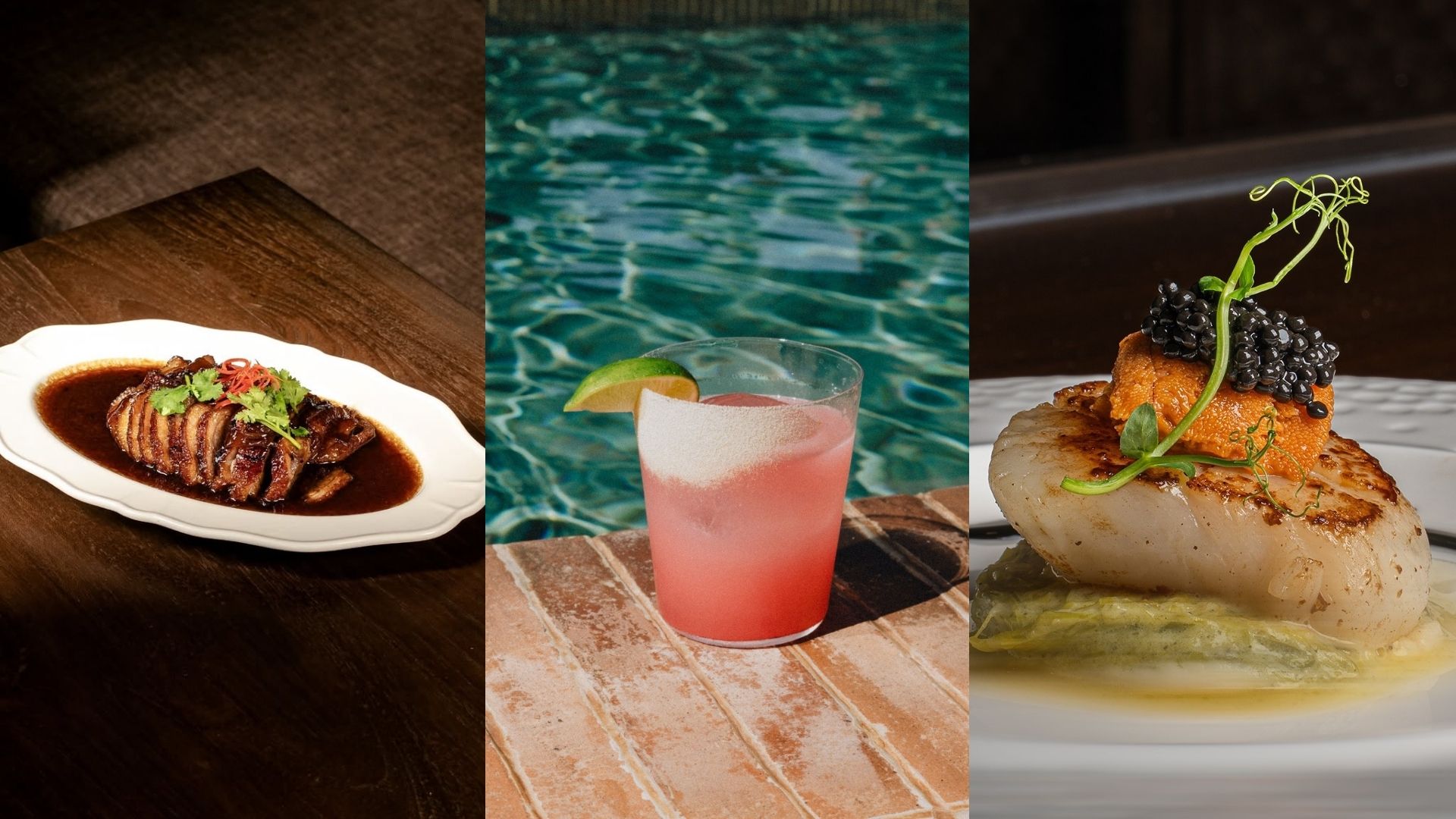Meticulous preparation, fresh ingredients, artistic and precise presentation—Japanese food has been a favorite among plenty of diners all over the world. Whether it be sushi, yakiniku, gyoza, tempura, or ramen, these Japanese delights are a constant choice for diners, all yearning for that umami taste paired with the distinct Japanese freshness and simplicity.
After 15 years of working with Japanese food, Chef Syamsul Rizal, or Chef Rizal as he is most known, now spearheads the kitchen of Seminyak’s chic beachfront dining destination, SugarSand. Chef Rizal takes his worldwide experience to Bali, with Japanese dishes tailor-made to fit the palates of guests from different parts of the world.
“We offer Izakaya-style dining, where people can enjoy Japanese food full of flavor. Our food is rustic, with a strong attention to taste and flavor. Every dish has its own distinct taste. We want guests to experience a contemporary Japanese style of dining that they can enjoy while sitting by the pool or enjoying the sea breeze.” Chef Rizal shared.
His no-frills, honest, straightforward attitude breathes fresh air into the uniquely sublime spot at SugarSand, assuring quality and consistency throughout its daily operations that provide a fine-casual dining experience from lunch to dinner.
Although Chef Rizal’s expertise lies in Japanese cuisine, he didn’t really grow up eating seafood, which is one of the main ingredients in Japanese food. In fact, his father never really liked eating fish. Coming from a humble town in Cirebon, Java, seafood wasn’t a staple in their household.
“My father doesn’t really like fish, so I never really had it when I was young. It’s for that reason that I really enjoy eating fish today. I like white fish—a really delicious snapper or sea bass. I never really had it so much before, so now I want it more,” he quipped.
His foray into the hospitality (and food) industry started at Sahid Jaya Hotel in Jakarta. He was then inspired by a guy who was in service and had the experience of working on a cruise ship. “I was thinking, I want to be like him… to travel and experience what he has experienced.” And so, he joined the cruise line which became his first international experience.
After his stint on the cruise ship, he visited a friend in Miami, who then invited him to work as a sushi chef for a “fast food type sushi restaurant,” even without prior experience in making sushi. There he learned basic sushi-making techniques, which also became his first experience in preparing Japanese food.
After a year of preparing simple sushi dishes, he felt the urge to grow. Looking for work in the kitchen, he answered an advertisement in the paper and went to an interview with a Korean chef who was to be his mentor, Chef Sunny Oh, who was working at the renowned Nobu Restaurant in Miami at that time.
When he learned the job was at Nobu, he immediately expressed his apprehensions. “I was not confident at all. But Sunny pushed me. He told me to try it for a few days. I was ready to quit after 30 days, but he continued to push me, and with his encouragement, I was able to push through.”
“At Nobu, I learned a lot of things. I learned how to cut fish the right way, make sushi and sashimi, and make sauces. It was also a life-changing experience for me. It changed my character. I learned to be punctual, consistent, and most importantly, honest.”
From being the self-conscious commis chef in Nobu, he lasted three years in the highly-acclaimed Japanese fusion restaurant, as a chef in the sushi bar.
After three years, his contract ended, and he returned to Indonesia where he worked for high-end hotels such as The Ritz Carlton and Grand Hyatt, still working as a skilled sushi chef.
10 years after his stint in Nobu, he heard from his mentor, Chef Sunny, who invited him to work at the Le Serene Hotel at Saint Barthelemy, a French-speaking Caribbean island commonly known as St. Barts. He worked there for three years, setting a consistent high-end standard at the hotel’s restaurant. He was then again contacted by Chef Sunny to work at Zuma in Dubai, a highly revered Izakaya-style Japanese restaurant.
He credits his food creations as “a fusion” of all his experiences, particularly from Nobu (Japanese with Peruvian elements) and Zuma (Izakaya-style). It was also at Zuma that he experienced working with the Robata grill, which can now be found at the SugarSand kitchen.
Chef Rizal is indeed a worldly chef that specializes in Japanese cuisine. With his experience working in different parts of the world, from the US, to the Middle East, Dubai, Riyadh, Marrakech, and Switzerland to name a few, he has developed his own unique style of contemporary Japanese cuisine.
He recommends diners try the Gindara Miso, a dish inspired by his stints at both Nobu and Zuma restaurants. He enjoys experimenting and serving dishes from the Robata grill—grilled salmon on low flame, or the sea bass and snapper sourced locally and prepared with quality and freshness in mind.
Now with Chef Rizal leading the SugarSand kitchen, this chic Seminyak dining spot has earned its identity as a contemporary Japanese restaurant—a destination for delicious, fresh, and unique Japanese dishes catered for international palates. “We are inclusive of every taste,” Chef Rizal shared, adding distinct lunch and dinner menus and table set-ups for SugarSand guests.
“I envision offering the Omakase experience to our diners one day. It involves a lot of creativity and I want to give that experience in the future.”
Fancy some Japanese food while in Seminyak? Take a trip down to SugarSand and enjoy worldly Japanese flavors specially prepared by Chef Rizal and his team.









